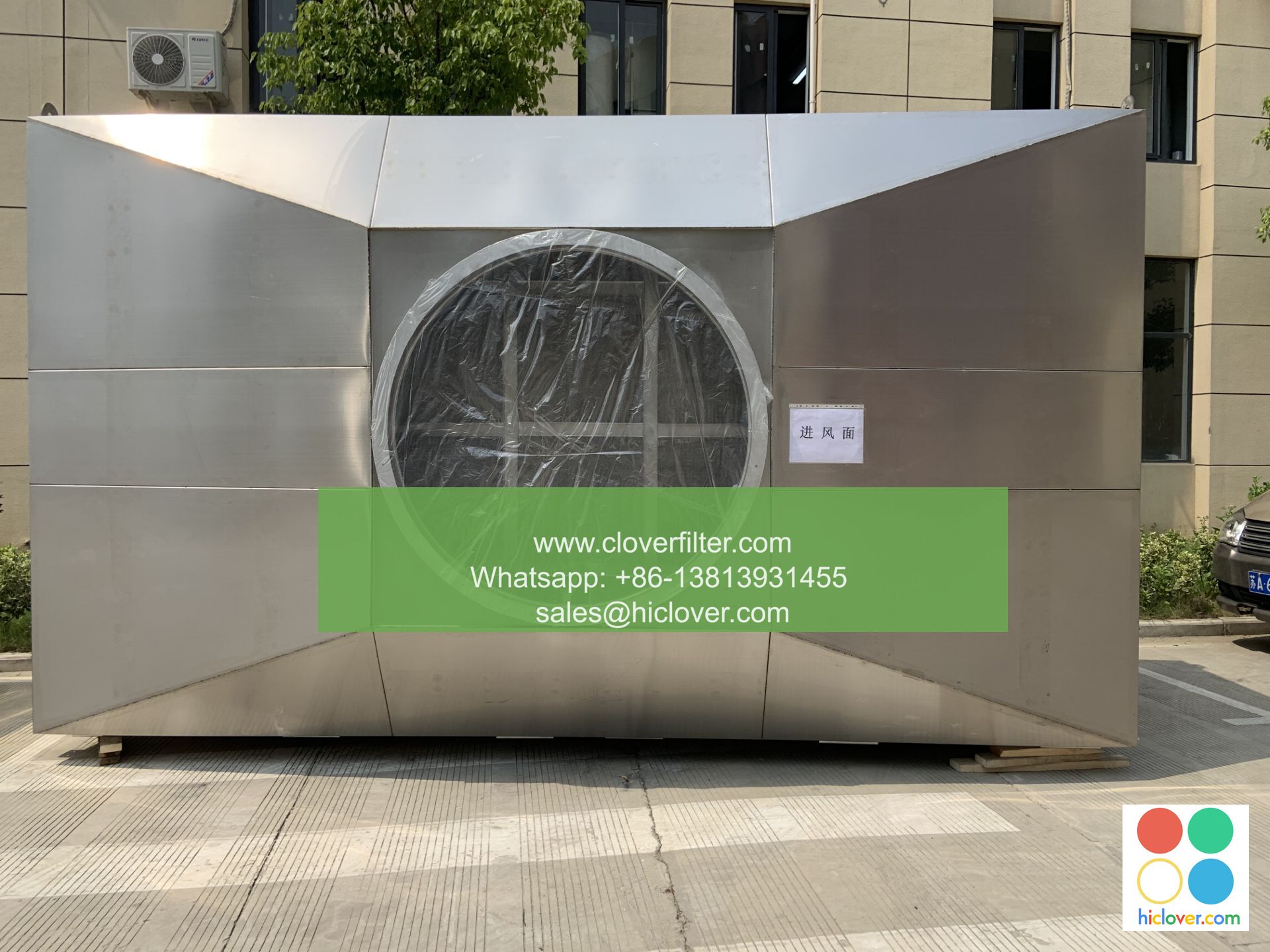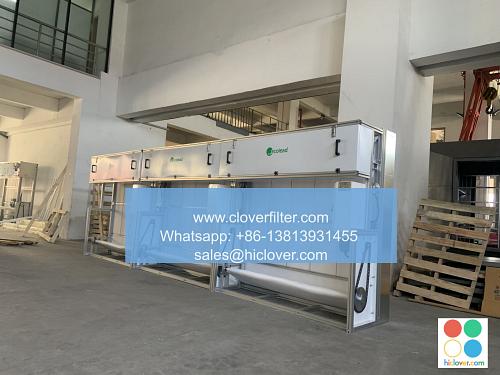The Ultimate Guide to Air Filter Selection for Improved Indoor Air Quality

As the world grapples with the challenges of air pollution, indoor air quality has become a significant concern for homes, offices, and industries. The selection of the right air filter is crucial to remove airborne pollutants, allergens, and contaminants, thereby improving indoor air quality. In this article, we will delve into the world of air filters, exploring the different types, their applications, and the key factors to consider when selecting the ultimate air filter for your needs.
Understanding Air Filter Types and Applications
Air filters come in various shapes, sizes, and types, each designed to cater to specific needs and applications. Some of the most common air filter types include:
- HEPA (High Efficiency Particulate Air) Filters: Designed to capture 99.97% of particles as small as 0.3 microns, HEPA filters are ideal for applications where high air quality is paramount, such as in hospitals, laboratories, and homes with residents suffering from allergies.
- Activated Carbon Filters: These filters are designed to remove gases, odors, and chemicals from the air, making them perfect for applications where air purification is critical, such as in industrial settings, commercial kitchens, and pet owners’ homes.
- UV Air Purifiers: Using ultraviolet light, these filters kill bacteria, viruses, and other microorganisms, making them suitable for applications where air sterilization is necessary, such as in healthcare facilities, schools, and offices.
- Pre-Filters: Designed to capture larger particles and debris, pre-filters are often used in conjunction with other air filters to extend their lifespan and improve overall air quality.
Application Areas for Air Filters
Air filters have a wide range of applications across various industries and settings, including:
- Residential Air Filtration: Improving indoor air quality in homes, apartments, and condominiums to create a healthier living space for residents.
- Commercial Air Filtration: Enhancing air quality in offices, shopping malls, restaurants, and other commercial establishments to promote a healthy and productive work environment.
- Industrial Air Filtration: Removing airborne pollutants and contaminants in industrial settings, such as manufacturing plants, warehouses, and construction sites, to ensure a safe working environment.
- Healthcare Air Filtration: Providing high-quality air in hospitals, clinics, and other healthcare facilities to prevent the spread of infections and promote patient recovery.
- Agricultural Air Filtration: Improving air quality in agricultural settings, such as farms, barns, and greenhouses, to promote healthy animal growth and prevent the spread of diseases.
Key Factors to Consider When Selecting an Air Filter
When selecting an air filter, several key factors come into play, including:
- Filter Efficiency: The ability of the filter to capture particles and contaminants, measured by its MERV (Minimum Efficiency Reporting Value) rating.
- Filter Type: The type of filter media used, such as HEPA, activated carbon, or UV light.
- Air Flow Rate: The volume of air that the filter can handle, measured in cubic feet per minute (CFM).
- Maintenance and Replacement: The ease of maintenance and replacement of the filter, including the cost and frequency of replacement.
- Noise Level: The level of noise generated by the air filter, which can be a concern in residential and commercial settings.
Conclusion
In conclusion, selecting the right air filter is crucial to improving indoor air quality and promoting a healthy and productive environment. By understanding the different types of air filters, their applications, and the key factors to consider, you can make an informed decision when choosing the ultimate air filter for your needs. Whether you’re looking to improve air quality in your home, office, or industrial setting, there’s an air filter out there that’s right for you. Remember to consider factors such as filter efficiency, type, air flow rate, maintenance, and noise level to ensure you get the best air filter for your specific application.
It seems like you haven’t provided a specific question or topic for discussion. Could you please provide more details or clarify what you would like to talk about? I’m here to help and provide information on a wide range of subjects.

